Best Retina Surgery by Top Retinal Surgeons
- Treatment for Retinal disorders such as Diabetic retinopathy, retinal detachment & Uveitis
- Affordable Retina Surgery by Top Surgeons.
- Online consultation on Retinal treatment
Book Appointment or Video Consultation online with top eye doctors
"*" indicates required fields
What is Retina Surgery?
The retina is like the film of the camera that transfers the image to the brain for processing and analysis. Technically, it is a light-sensitive membrane located at the posterior part of the eye. When light passes through your eye, the lens focuses a picture on your retina. The retina converts the image to signals that it sends to your brain through the optic nerve. The retina works with the cornea, lens, and other parts of your eye and brain to supply normal vision.
A damaged retina can lead to notable visual disturbances. The problem in viewing the objects is the biggest barrier one will face. The disturbance remains permanently if not treated in time.
Retinal surgery is the procedure to fix these issues that usually takes 1-2 hours to perform. Retinal diseases are the most common causes of a permanent loss of vision in many patients, if not operated on time.
Symptoms of Retinal Diseases
The process of retina surgery is painless. However, there are virtually always warning signals before it develops or has progressed, such as:


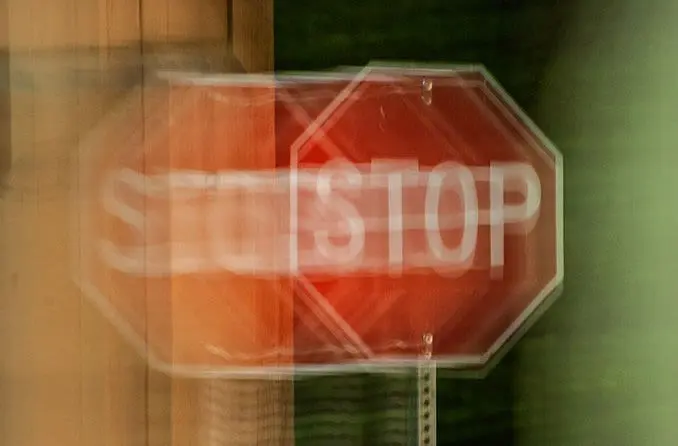


Retinal Disease Causes
The factors that can cause Retina issues include:


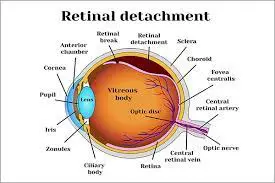
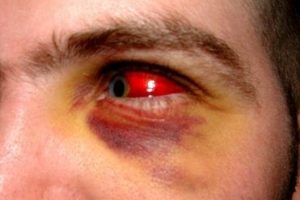
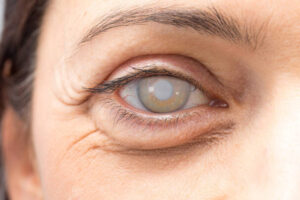

Problems Associated With Retina
In the primary stages of different retinal diseases usually, no symptoms are seen alone from the one change or blurring in vision power. Later on, stages of this disorder vision losses begin to happen which may get worse if not operated timely and properly.
Diabetic Retinopathy
It is the most usual problem linked with people having a disease of diabetes. In Diabetic Retinopathy disease, the huge blood sugar levels damage the blood vessels of the retina and harm it. In the advanced stages, it can cause blindness.
Retinopathy of Prematurity
RoP is essentially caused due to the retinal blood vessels growing abnormally and harming prematurely born babies. It can cause retinal detachment and blindness
Age-related Macular Degeneration
The damage of the Macula can cause AMD which can lead to permanent vision loss.
Retinal Detachment
It is mainly the detachment of the retina from the layer underneath. If it is not taken care of properly, there is a chance of permanent vision loss.
However, based on the results, the patients are either suggested for Anti-VEGF Therapy or Photodynamic Therapy depending upon their condition.
Retina Treatment
In the primary stages of different retinal diseases usually, no symptoms are seen alone. Later on, vision loss begins to happen which may get worse if not operated on timely and properly. In case of retinal disease, getting quick treatment will enhance the possibilities of retrieving or maintaining one’s vision, and limit additional loss.
The treatment for retina depends on the type of disease that you are suffering from. Treatments of some of the common retinal diseases such as diabetic retinopathy, retinal detachment are discussed below:
Eye injections
These medications, called vascular endothelial protein (VEGF) inhibitors, may help stop the growth of the latest blood vessels by blocking the consequences of growth signals the body sends to get new blood vessels. Your doctor may recommend these medications, also called anti-VEGF therapy, as a stand-alone treatment or together with pan-retinal photocoagulation.
Retinal Laser (Photocoagulation)
The doctor usually uses this procedure before the stage of retinal detachment is reached i.e. only a tear or a hole. This process is called “photocococogulation”, where the doctor directs the laser into the eye through a dilated pupil, the laser causes burns around the retina, which scar and seal off the tear so that detachments do not occur. And the damage is contained.
Scleral buckling
For more severe detachments, you’ll need to have eye surgery in a hospital. Your doctor may recommend scleral buckling. This involves placing a band around the outside of your eye to push the wall of your eye into your retina, getting it back to place for correct healing. Scleral buckling may be done in combination with a vitrectomy. Cryopexy or retinopexy is performed during the scleral buckle procedure.
Vitrectomy
Another option is vitrectomy, which is used for larger tears. This procedure involves anesthesia and is often performed as an outpatient procedure, but may require an overnight stay in the hospital. Your doctor will use small tools to get rid of abnormal vascular or connective tissue and vitreous, a gel-like fluid from your retina. Then they’ll put your retina back to its proper place, commonly with a gas bubble.
Precautions post-retina surgery
- It is requested for you to go directly home after your Retina treatment.
- You must not rub your eyes for the first day after your surgery.
- You should avoid any eye makeup or creams, for one day post-surgery.
- Avoid swimming, hot tubs, and gardening for one week.
- Avoid getting water directly into your eye(s). You may shower the day post-surgery.
- You may go back to your work and exercise routine post-surgery.
- At your first postoperative visit, your doctor will tell you when you may resume driving. Most patients can see well enough to drive the day after their procedure, with the doctor’s approval.
- You may experience increased sensitivity to light for the first few hours post your Retina Surgery. Sunglasses should be worn when your eye is light-sensitive.
People must maintain a precise head position for several days after surgery. This is important to keep the bubble in place long enough for the detached retina to be repaired. The bubble eventually deflates on its own. People should expect to recover for three weeks after surgery. They are unable to travel by air during the recuperation time because doing so may cause the bubble to enlarge.
Retina Treatment Cost
The complete cost of Retina treatment depends upon the “type of procedure” that you go through. The cost of treatment varies between Rs.3,000 to Rs.50,000. Below are estimated cost of some of the procedure, injections, testing and surgery involved in treatment of retina
| Retinal Treatment | Cost (₹) |
|---|---|
| Fundus Angiography | 2,500 |
| OCT | 2000-3000 |
| Yag Laser (Single eyes) | 2000 – 3000 |
| Green Laser (Single Eye) | 2000 – 3000 |
| YAG iridotomy | 2000 – 3000 |
| Injection Razumab | 20000 – 25000 |
| Injection Accentrix | 30000 – 40000 |
| Retinal Detachment Surgery | 40000 – 45000 |
| Vitrectomy | 30000 – 40000 |
Eye Mantra foundation also provides charitable retina treatment services to the “underprivileged sections of society”. So if you need retinal eye treatment, but are unable to afford the treatment expenses, you can come to our hospital and his entire treatment will be done “free of cost or at a very nominal price”
Our Team

Cataract, Retina, Glaucoma, LASIK

Retina Specialist

Cataract, Retina, Glaucoma, LASIK

Cataract, Retina, Glaucoma, LASIK
Our Facilities
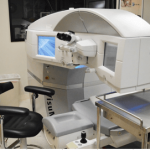
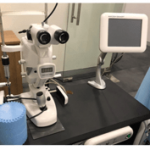
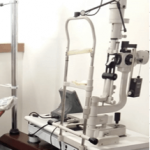

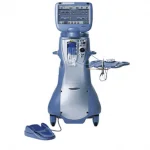
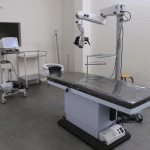
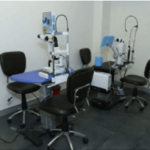
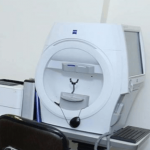
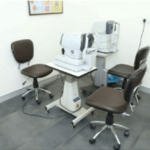
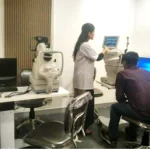
FAQ's
One may have some pain in their eye and vision may be blurry for a few days after the surgery. If a doctor uses a gas bubble to flatten the retina during surgery, one may have to hold their head in a specific position for a few days or higher.
There are 3 types of retinal detachments :
- Rhegmatogenous
- Tractional
- Exudative
The most common symptoms of retinal disease undergone by our patients hold an immediate loss of vision or blurry or distorted vision.
The cost of the operation / treatment varies from Rs 5,000 to 50,000 per eye, depending on where it is performed, the degree of the detachment, and your doctor’s experience. Keep in mind that surgery is the sole option for preventing permanent vision loss, therefore it is important.
There are various treatment choices possible for detached retina:
- Laser retina repair
- Injections of air or silicone oil
- Vitrectomy
- Scleral buckle
Retinal surgery usually takes 1-2 hours to perform by an eye specialist.
It is NOT normal to experience severe pain after surgery. Severe pain of the eye, a severe headache, nausea or vomiting should be reported to your surgeon.


